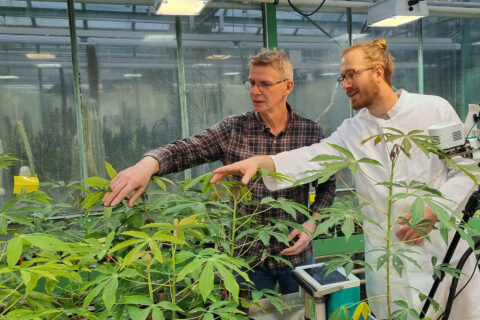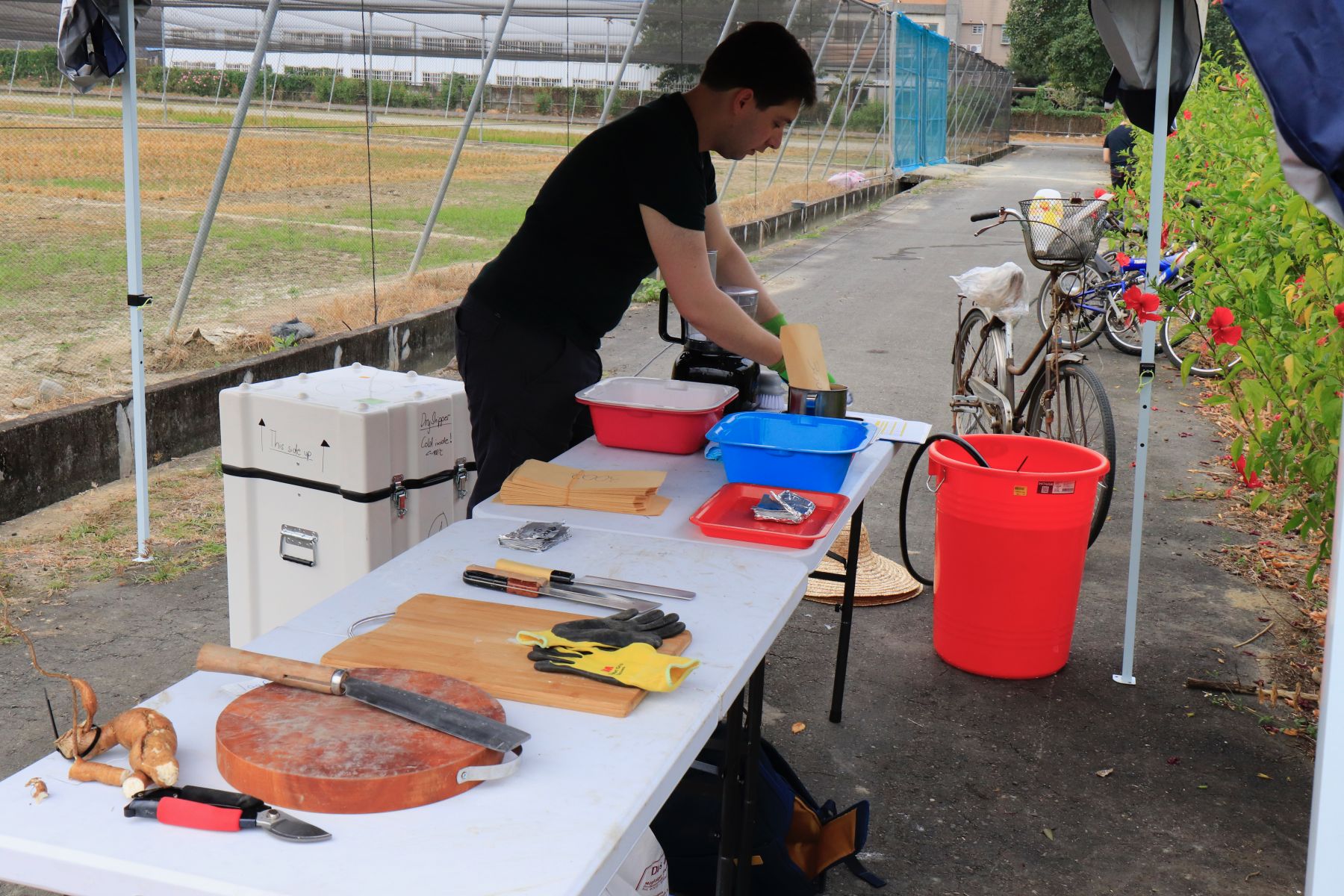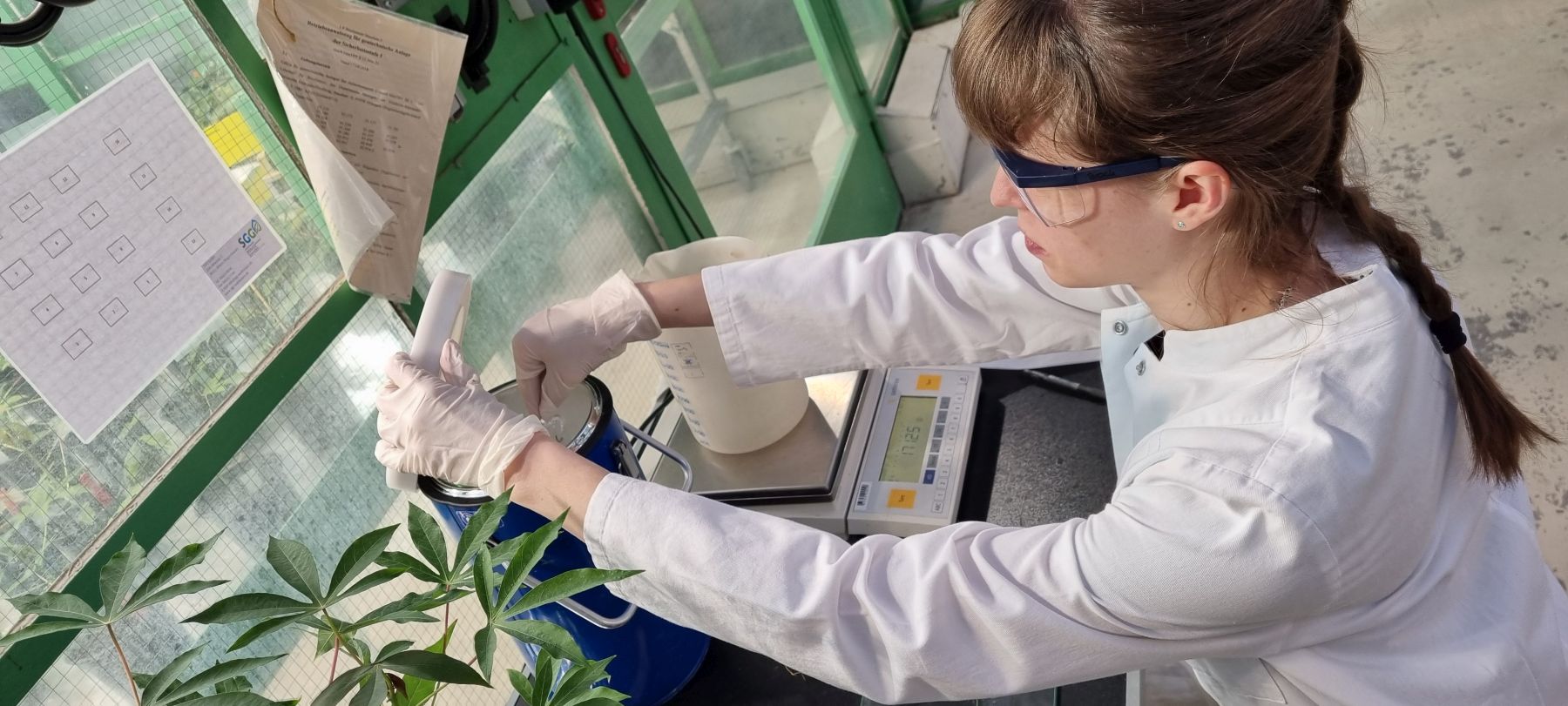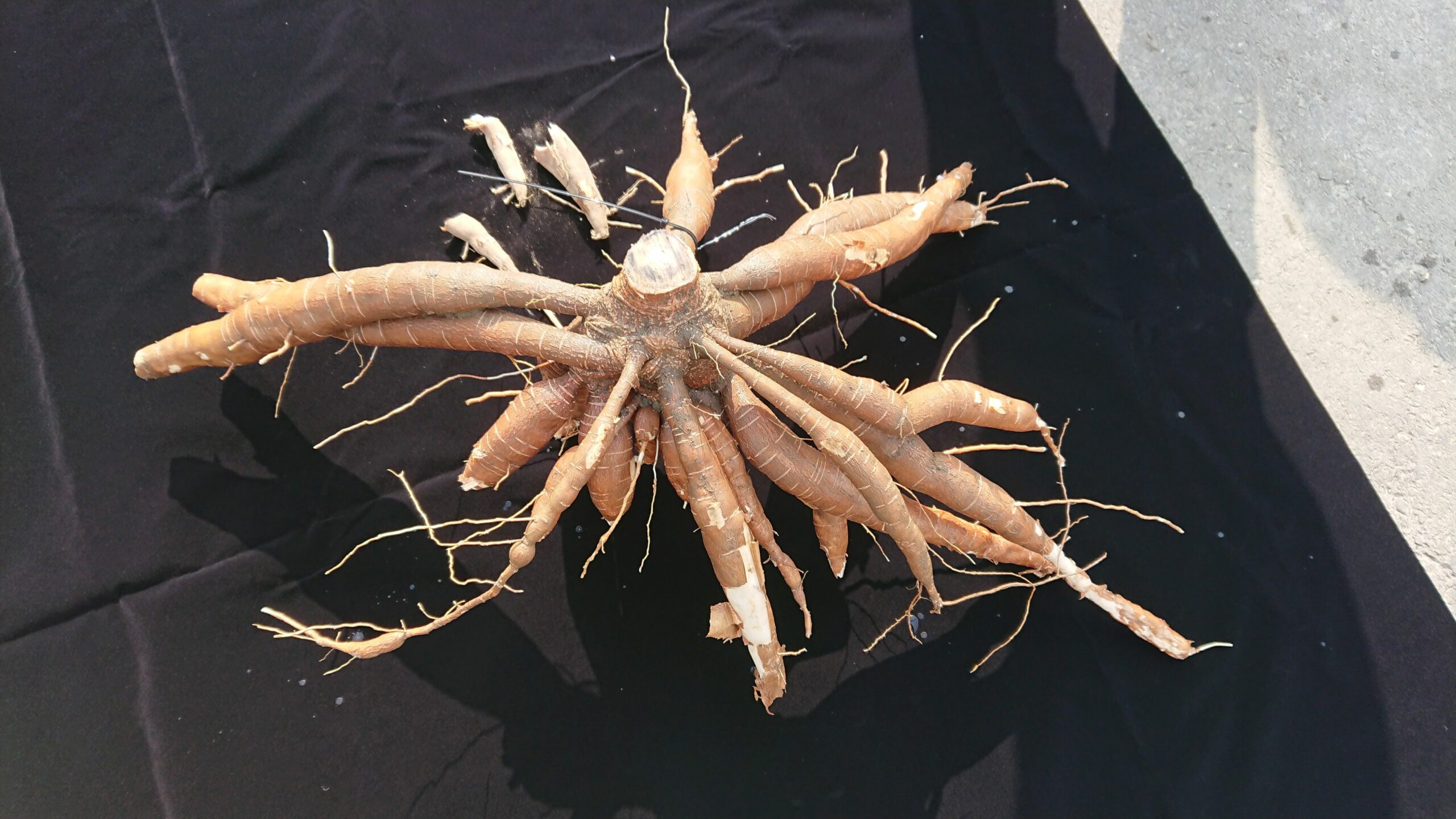Fighting hunger with cassava

Over 25 million euros from Bill & Melinda Gates Agricultural Innovations
Bill & Melinda Gates Agricultural Innovations (Gates Ag One) is providing approximately 25.8 million euros (28 million US dollars) in funding for an international research project led by FAU: The non-profit organization will support the cassava source-sink (CASS) project in the next five years to improve the productivity of one of the most important food crops in sub-Saharan Africa. The project unites researchers from 11 institutions around the world to optimize cassava physiology to significantly increase the yield of high-quality cassava storage roots under low-input farming conditions in smallholder farmer fields.

The relationship between photosynthesis in the leaves and the storage of carbohydrates in the roots and other organs is known as “source-sink”. “Source” refers to those parts of the plant which produce more carbohydrate than they need, for example the leaves. “Sink”, on the other hand, refers to all those parts which use more carbohydrate such as blossom, fruit or storage roots. In order to reach their objective, the team is focusing on simultaneously modifying processes which improve photosynthesis, the distribution of carbohydrate and the growth of the storage roots in the plants.
Stable food source for 800 million people
Cassava provides a staple form of carbohydrates, calcium and vitamins for roughly 800 million people worldwide. However, cassava yields have remained stagnant in sub-Saharan Africa since the 1960s. “As a hardy root crop tolerant of degraded soils, cassava is often known as an ‘insurance crop’ and is particularly important for women farmers. Improving the biological processes of cassava therefore stands to have a transformative impact for farmers, communities and economies across sub-Saharan Africa,” said Joe Cornelius, CEO of Gates Ag One. “We’re very excited at Gates Ag One to be working with the CASS project and their diverse team of scientists in Germany, Nigeria, Switzerland, Taiwan, the UK, Finland, and the US.”

The CASS project is led by Prof. Dr. Uwe Sonnewald, head of the Chair of Biochemistry at FAU. The team comprises computer scientists, plant scientists and breeders working on genetic improvements to photosynthesis, crop metabolism and the movement of nutrients within cassava plants. “Despite playing an enormous role in food security and rural livelihoods across sub-Saharan Africa, cassava has received significantly less investment for research and breeding programs than other staple crops,” explained Prof. Sonnewald. “This investment from Gates Ag One takes CASS into a new chapter as we aim to make up ground and develop cassava varieties with inherently higher yields for resource-poor smallholder farmers in Sub-Saharan Africa.”
What do smallholders in Africa and South Asia need?
CASS is the latest research project to receive support from Gates Ag One. A not-for-profit subsidiary of the Bill & Melinda Gates Foundation, Gates Ag One was created to leverage global crop science to meet the needs of smallholder farmers in Africa and South Asia. It focuses on accelerating research that enhances the biological processes of six priority food crops: cassava, cowpea, maize, rice, sorghum, and soybean.

CASS is a collaboration with partners that includes not only FAU but also Boyce Thompson Institute (BTI) Ithaka, Federal Institute of Technology (ETH) Zurich, Forschungszentrum (FZJ), Jülich International Institute of Tropical Agriculture (IITA) Ibadan, Max Planck Institute of Molecular Plant Physiology (MPIMP) Potsdam-Golm, National Chung Hsing University (NCHU) Taichung, National Root Crops Research Institute (NRCRI) Umudike, Technische Universität Kaiserslautern-Landau (RPTU), and University of Helsinki.
To the CASS project: https://cass-research.org
Further information:
Prof. Dr. Uwe Sonnewald
Chair of Biochemistry
uwe.sonnewald@fau.de